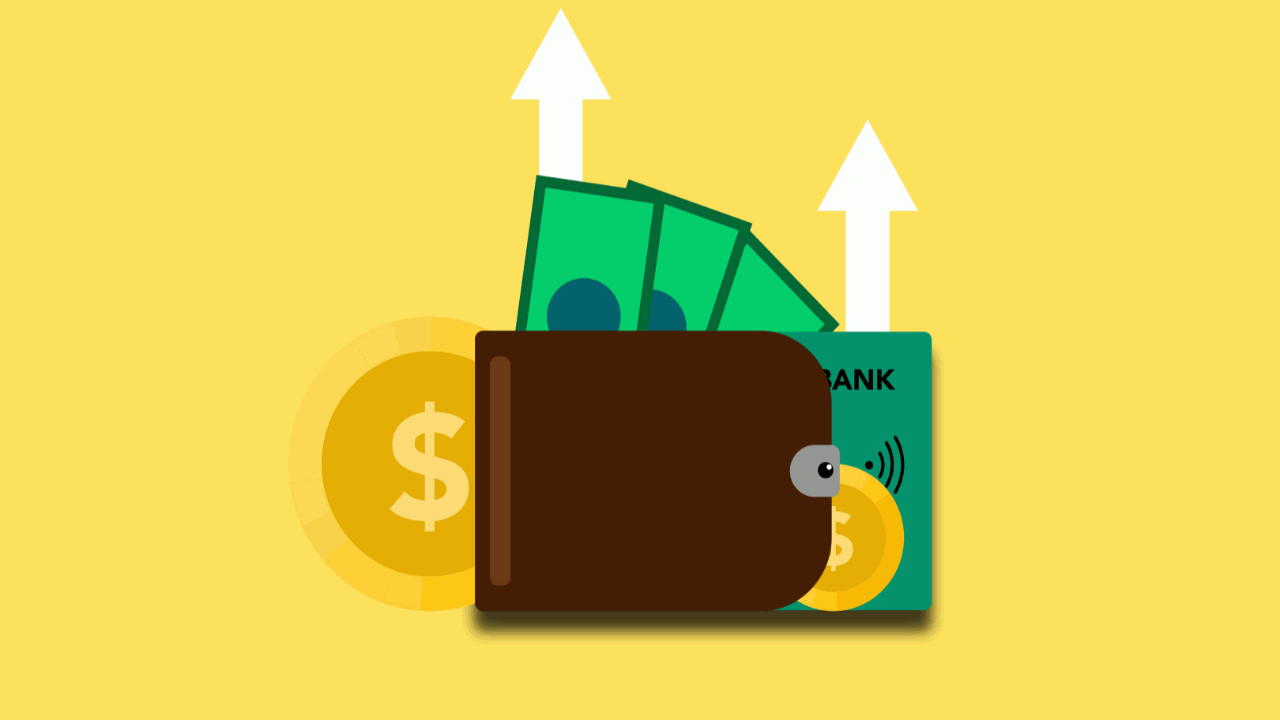
Credit Limit Increase on Your Credit Score
Your credit limit—the maximum amount you can borrow on a credit card or line of credit—plays a significant role in your overall credit health. Creditors periodically review your account and may offer you a credit limit increase. While this might seem like a financial win, it’s essential to understand how it can impact your credit score. In this guide, we’ll explore the effects of a credit limit increase on your credit score and provide insights into making the most of this financial opportunity.
Understanding a Credit Limit Increase
Before we dive into the effects, let’s clarify what a credit limit increase entails. Creditors, including credit card issuers and lenders, may choose to raise your credit limit based on your credit history, payment behavior, and overall financial profile. This increase allows you to access more credit, potentially improving your financial flexibility.

Understanding a Credit Limit Increase
Before we dive into the effects, let’s clarify what a credit limit increase entails. Creditors, including credit card issuers and lenders, may choose to raise your credit limit based on your credit history, payment behavior, and overall financial profile. This increase allows you to access more credit, potentially improving your financial flexibility.
Lower Credit Utilization Ratio:
One of the most significant factors in your credit score is your credit utilization ratio—the amount of credit you’re using compared to your total credit limit. When your credit limit increases, your utilization ratio naturally decreases, which can have a positive impact on your credit score. A lower utilization ratio signals responsible credit management and can boost your score.
Improved Payment History:
A credit limit increase doesn’t directly impact your payment history, but it can indirectly help you make on-time payments. With a higher limit, you have more room to manage unexpected expenses without missing payments. Consistently making on-time payments is vital for a healthy credit score.
Potential Negative Effects
Before we dive into the effects, let’s clarify what a credit limit increase entails. Creditors, including credit card issuers and lenders, may choose to raise your credit limit based on your credit history, payment behavior, and overall financial profile. This increase allows you to access more credit, potentially improving your financial flexibility.
Hard Inquiry:
When a creditor reviews your account for a credit limit increase, they may perform a hard inquiry on your credit report. While a single hard inquiry typically has a minor impact on your score, it’s essential to be aware of this potential consequence.
Overconfidence and Overspending:
With a higher credit limit, some individuals may become overconfident and overspend, accumulating more debt than they can manage. This can lead to financial stress and negatively affect your credit score if you struggle to make payments.
Tips for Managing a Credit Limit Increase
Use It Wisely:
While a credit limit increase offers more credit at your disposal, it’s crucial to use it wisely. Avoid unnecessary spending and only use the increased limit for essential expenses or emergencies
Monitor Your Credit:
Regularly monitor your credit reports and scores to stay informed about any changes. This allows you to detect and address any negative effects promptly.
Maintain Good Payment Habits:
Regardless of your credit limit, continue to make on-time payments and manage your debts responsibly. Consistency is key to maintaining a healthy credit score.
Conclusion
A credit limit increase can have both positive and negative effects on your credit score. By understanding these effects and using the increased limit wisely, you can leverage this financial opportunity to improve your credit health. Remember that responsible credit management, including timely payments and mindful spending, remains essential for maintaining a strong credit score.


